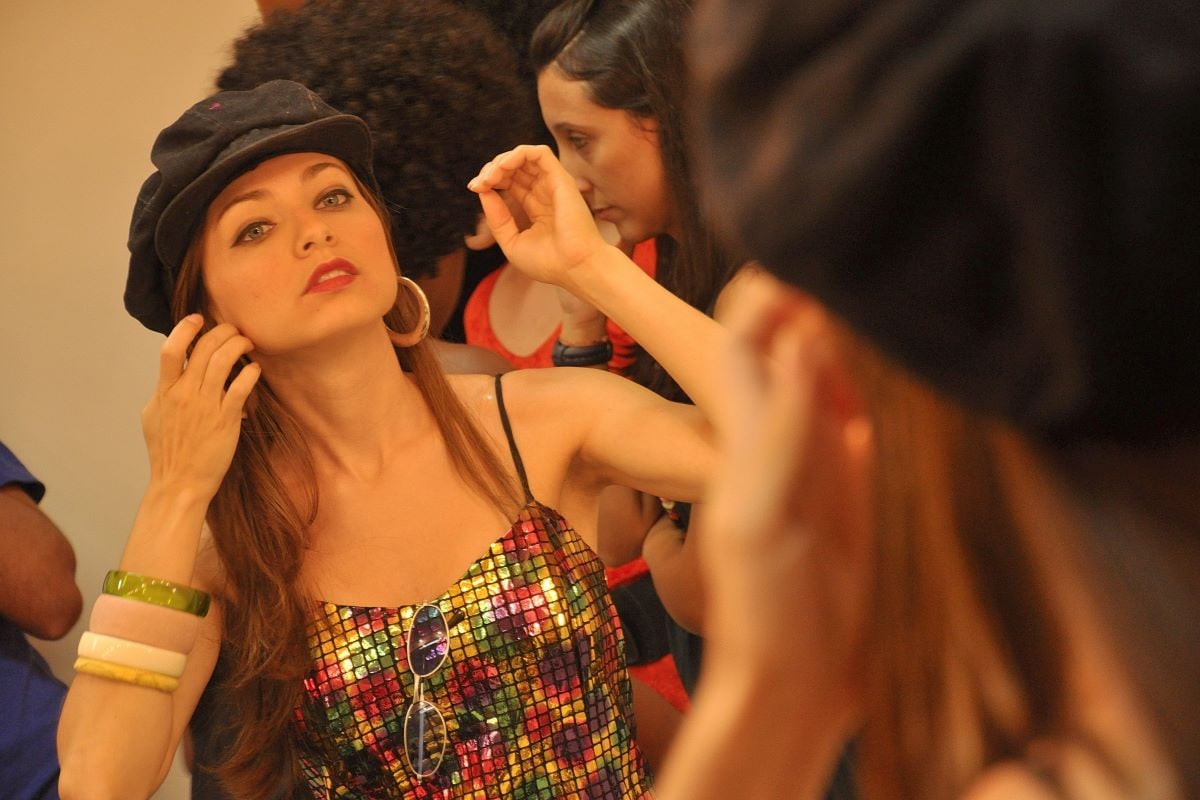
Photo: Pxhere/Creative Commons
Gender pay gap within culture sector increases
For every £1 earned by men employed in the cultural sector women are paid 85 pence, government statistics show.
The gender pay gap in the cultural sector has widened for the second consecutive year, latest figures have revealed.
Statistics published by the Department for Culture, Media and Sport show that as of April 2023, there was a gender pay gap of 15.2% in the cultural sector, meaning that for every £1 men earned, women were paid 85 pence.
It is the second successive year in which the gender pay gap in the cultural sector has increased and it is now greater than the overall UK gender pay gap of 14.2% for 2023.
READ MORE:
- Gender gap dominates latest arts pay figures
- Freelance roles drive performing arts employment growth
The pay gap for the cultural sector, which includes built heritage, film, libraries, literature, museums and galleries, performing arts, public broadcasting and the visual arts, now stands at a similar level to 2016, when it was 15.3%.
This contrasts with falls in the gender pay gap in the creative industries and the UK as a whole over the same period, albeit from higher levels.
The pay gap in the creative industries, which include publishing, computer games, film, TV, music and radio, was 17.1% in 2016, a fall of 3.5 percentage points.
The overall gender pay gap in the UK has dropped five percentage points from 19.2% to 14.2% over the same period.
The latest statistics come as Arts Council England considers establishing a gender advisory board following a meeting last week with leading women from the theatre sector.
The meeting discussed key findings from a five-year research project into gender equality in theatre, authored by Jennifer Tuckett, former Research and Literary Director at Sphinx Theatre.
As a result of the meeting, ACE has agreed to take action on discrimination against women in theatre, including working on childcare issues raised and considering the creation of a gender advisory board.
'Terrible but not surprising'
Tuckett said the statistics on the gender pay gap are "terrible but unfortunately not surprising".
"At our recent meeting with Arts Council England to discuss the end of the five-year research project I conducted on women in theatre in partnership with The Writers' Guild, Equity and others, we discussed how, even though statistics around representation may have improved in some areas, that doesn’t mean that discrimination towards women has," she said.
"We hope these statistics will encourage the Arts Council to confirm it will launch the gender advisory group it agreed to consider at our meeting - all of the women leading organisations in this area who attended the meeting on my research, including Jude Kelly, founder of WOW, felt that this idea, in particular, would really make a difference in addressing discrimination against women.
"We are also still waiting for a response from [Culture Secretary] Lucy Frazer to an open letter we sent requesting a government inquiry into the under-representation of women across the arts (including those areas such as film not covered by the Arts Council), and we hope these findings will encourage the government to launch that inquiry as well."
Employment figures
Meanwhile, separate DCMS statistics show that overall employment in the music, performing and visual arts sectors continues to rise.
As of September 2023, there were 286,000 employed in the subsector compared with 281,000 in June 2023.
The rise consists of 4,000 more freelance roles and 1,000 more permanent roles over the three-month period.
Join the Discussion
You must be logged in to post a comment.